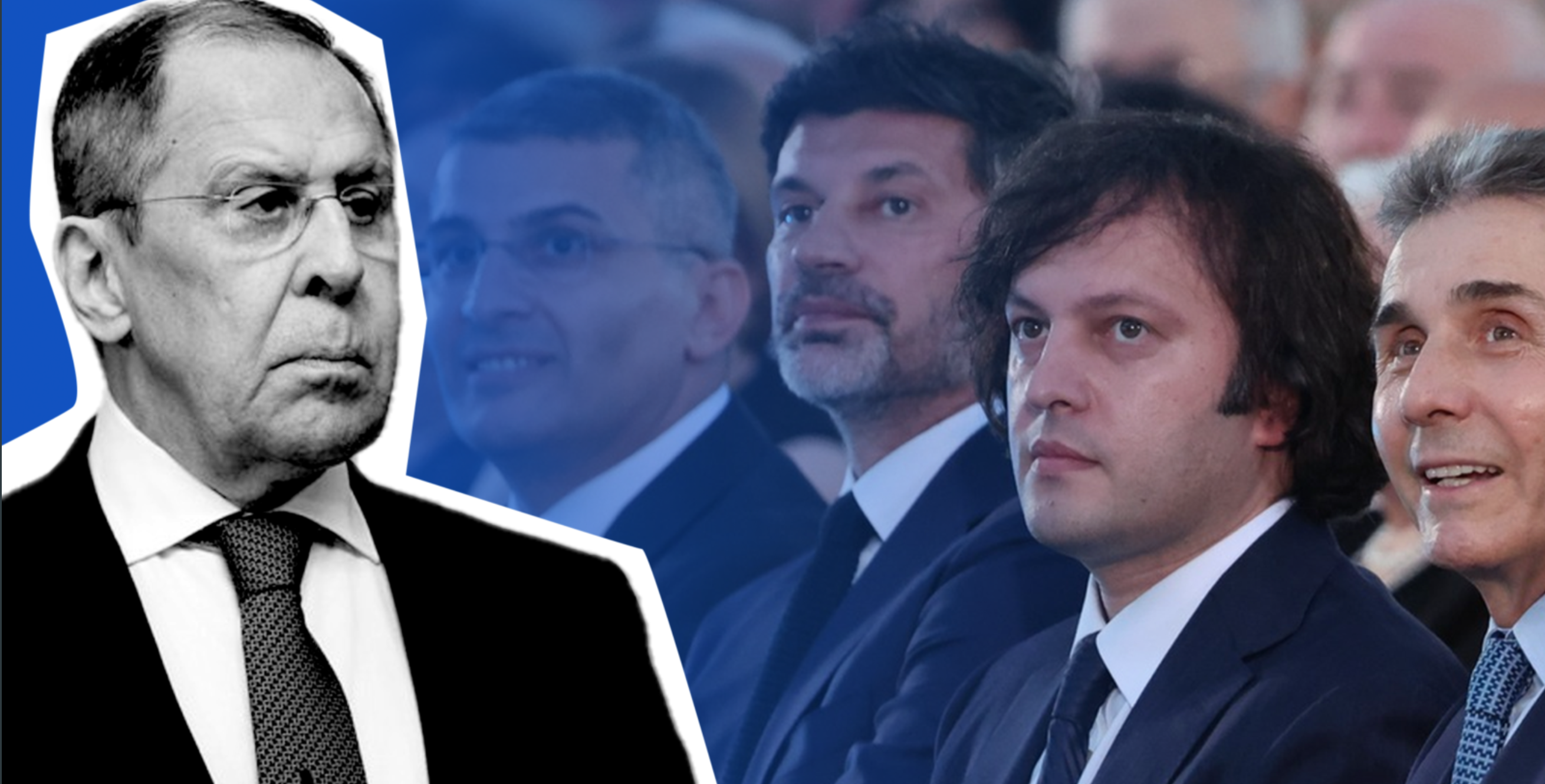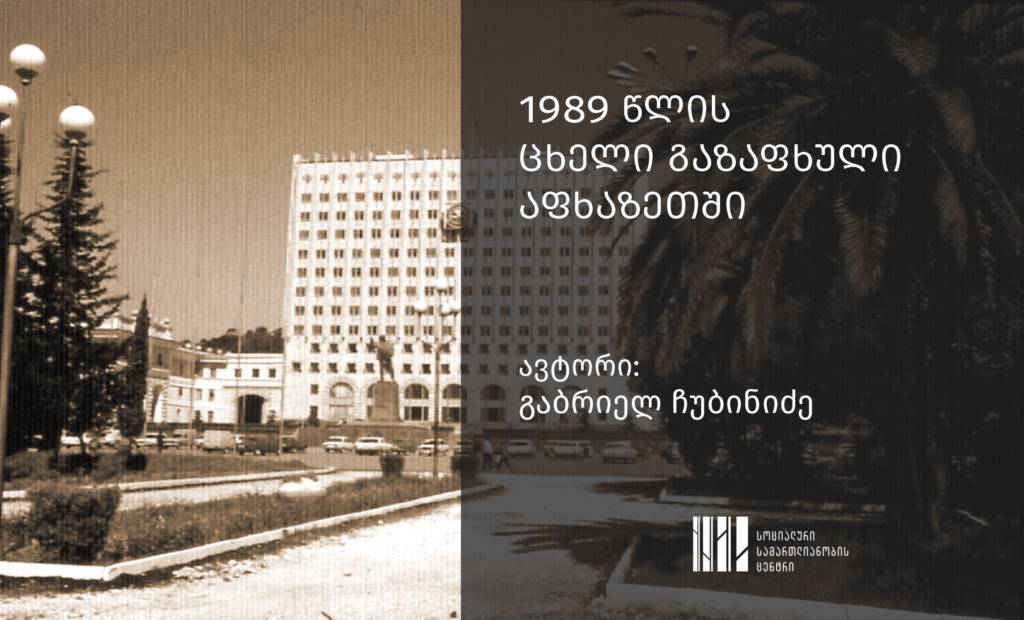EU support for Abkhazia. JAMnews’ interview with EUSR Toivo Klaar.
Your personal statement published on JAMnews on January 26, 2024 raised a lot of interest. There were numerous comments and also support, both in Sukhumi and Tbilisi. Did you expect such numerous reactions?
“My idea was to speak publicly about the latest difficulties I have been facing regarding access to Abkhazia outside GID-related visits compared to the past, when I was regularly coming to discuss with all relevant stakeholders the specific engagemen\t of the EU.
I wanted to share my impressions and feelings about the many positive examples of constructive interaction we have had with a variety of interlocutors in Abkhazia over the past few years.
I understand the sensitivities related to the current challenging geopolitical environment, but I’m convinced that closing the space to international engagement or restricting the activities of international organisations and their local partners – and thereby also the assistance coming to Abkhazia – will only exacerbate problems.
I indeed did not expect that my views would raise such a high interest, in particular in Abkhazia. It’s very positive to see that people have been able to express their view freely and engage in interesting debates on social networks.”
Would you be able to give us more precise information about the scale of international engagement through the various projects carried out in Abkhazia?
“I can only speak about EU-funded or EU-supported efforts. As I said in my statement, the EU, mostly through implementing partners on the ground, such as UN agencies, international NGOs and local civil society organizations, has been funding a considerable number of programmes in support of the population of Abkhazia over more than a decade.
As I mentioned then, these programmes have supported amongst others the health, education, environmental and agriculture sectors, as well as the search for missing persons and the clearance of explosive ordnances.
Our engagement has included not only interaction with international partners and local civil society actors, but also with representatives of the health, education, environmental, agricultural and other sectors.”
Can you share some figures?
“I don’t have the exact figures for each and every programme.
Since 2008, around 80 mln EUR have been spent on the support programmes I just mentioned, as well as on confidence building and dialogue.
All this was done in a transparent manner, with the knowledge of both Tbilisi and Sukhumi.
But I think it is fair to also mention the additional roughly 100 mln EUR that the EU provided in the form of loans and grants for the repair and modernization of the Inguri HPP. Without this, there would be no electricity in Abkhazia today.
And by the way, the loans are paid off exclusively by the government of Georgia, which has thus also greatly supported the energy supply to Abkhazia.
Finally, I would also like to emphasize that many EU-funded project activities in Abkhazia have supported the preservation and the development of Abkhaz identity, in particular with regard to the Abkhaz language, the historic archives, the Buxus colchica tree, and even Abkhaz wines.”

